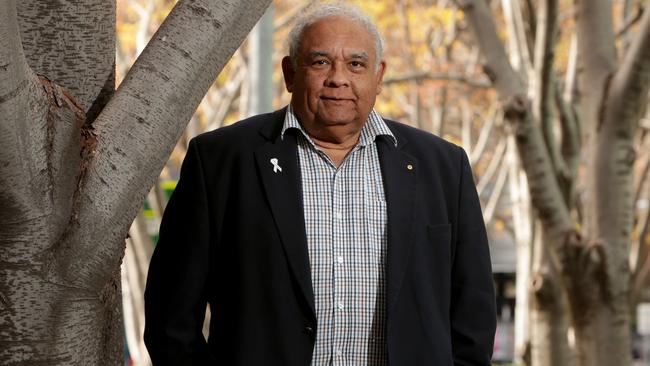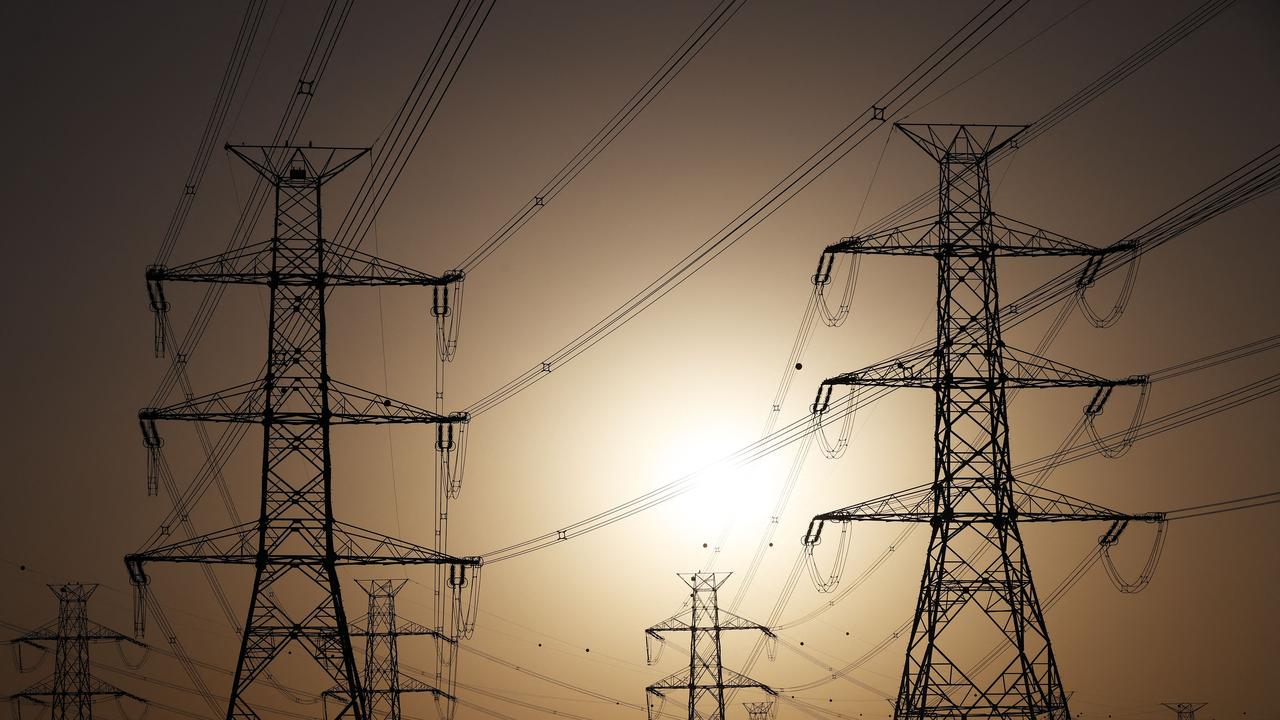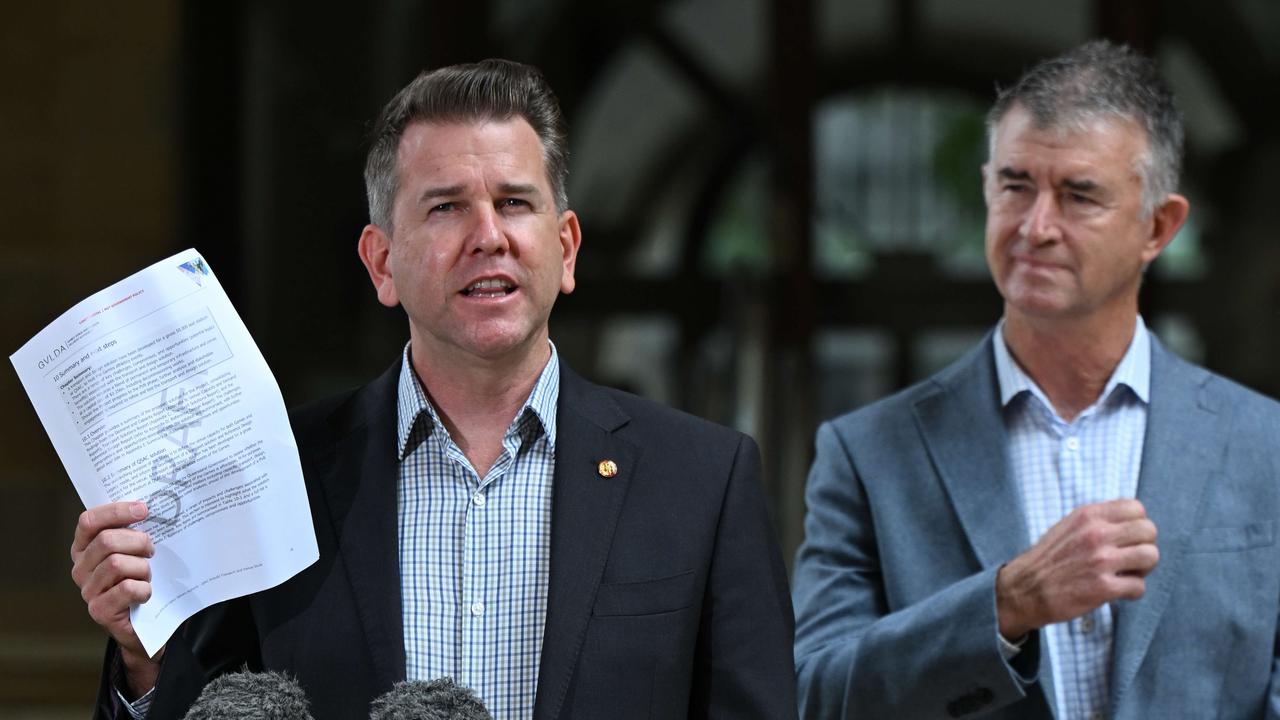Both parties must be as one for voice vote, Tom Calma urges
Indigenous leader Tom Calma has urged the Albanese government to be a ‘little bit cautious’ with enshrining the First Nations voice to parliament.

Tom Calma has cautioned the Albanese government against proceeding to a referendum on a First Nations voice to parliament without bipartisan support, saying it was important for “both major parties to be on board” to maximise the chances of success.
The Indigenous leader’s warning came as opposition Indigenous affairs spokesman Julian Leeser said Anthony Albanese would need to get the details right and “bring Australians with him” to successfully introduce a voice.
The Prime Minister told The Australian he would not give the Coalition a “veto” on the composition of the voice, acknowledging he would need “broad agreement” but would not need consensus. He did not consider bipartisan support to be a “definitive” factor.
Mr Albanese has flagged his intention to introduce a vote on enshrining an Aboriginal advisory body in the Constitution this term. Only eight out of 44 referendums have been carried. The last successful yes vote, capping the retirement age of federal judges, occurred in 1977.
Mr Calma, the chancellor of the University of Canberra and co-chair on the senior advisory group of the Indigenous voice to government, said it was self-evident the Prime Minister needed to garner as much support as possible, but historically, successful referendums required bipartisanship.
“In the past, you have needed both major parties to be on board if you want a referendum to succeed,” Mr Calma told The Australian. “We need to be a little bit cautious in moving ahead without making sure we have a really clear understanding about what the population’s thoughts might be.”
While unwilling to comment on what Mr Albanese “should or should not do”, Mr Calma said the previously held position of Indigenous Affairs Minister Linda Burney, who asserted the voice would not proceed unless there was clear signs it would succeed, was still correct.
Mr Leeser said the Coalition wanted to see the details of any constitutional recognition proposal before finalising a position. The onus was on Mr Albanese, Mr Leeser said, to set up the timetable and a process that brought people together from across the political spectrum.
“The Prime Minister knows that if he’s going to have a successful referendum, he has to bring Australians with him,” Mr Leeser told ABC radio.
“And our position has been that we’ve got an open mind but we want to see the details. At this point, we haven’t seen the details of what the question would be; what the amendments would be.”
Mr Leeser said the magnitude of constitutional changes meant the detail of referenda had to be done in a “serious, orthodox fashion” and time was needed to ensure the right model could win sufficient community support.
Alongside Labor senator Pat Dodson, Mr Leeser was co-chair of the joint committee on constitutional recognition relating to Aboriginal and Torres Strait Islander peoples, as well as chair of a parliamentary standing committee on Indigenous affairs.
“Referenda are never about the … broad principle. They are always about the detail,” he said.
“That’s why the detail is important because ultimately, we’re talking about a change to our Constitution, a constitution that gets interpreted by judges.”
Mr Albanese had support from Curtin University senior Indigenous research fellow Hannah McGlade, also a member of the senior advisory group on the Indigenous voice, who hit out at Aboriginal leader Pat Turner and Greens senator Lidia Thorpe, who had questioned the way forward on constitutional recognition.
“The Prime Minister is right to show decisive leadership. This process has been going on since the Council for Aboriginal Reconciliation tabled its final report in 2000 supporting the referendum and recognition of Aboriginal people in our federal Constitution,” Dr McGlade said.
“It’s disappointing Pat Turner and Lidia Thorpe don’t want to see constitutional reform progress when it’s clearly in our interests as Aboriginal people. Indigenous constitutional recognition is happening in many countries across the world and we are still living in the shadow of terra nullius.”



To join the conversation, please log in. Don't have an account? Register
Join the conversation, you are commenting as Logout